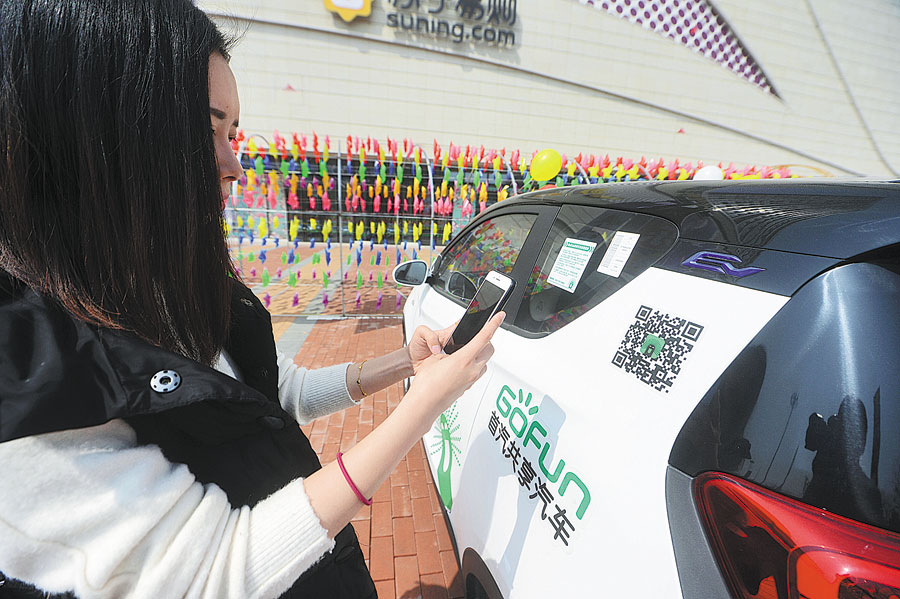PwC: Car sales in major markets set to soar over next decade
By Li Fusheng | China Daily | Updated: 2018-04-02 14:27

Auto sales will continue to soar in the next decade or so, although self-driving cars and shared mobility will continue to gain momentum, according to international consultancy and accounting firm PricewaterhouseCoopers LLP.
Future mobility is expected to be much easier, more flexible and more individually-oriented for users, said Wilson Liu, PwC China's automotive industry lead partner.
"The vehicle of the future will be used on demand with shared ownership," he added.
PwC expects the percentage of traditional users to fall sharply in China, while autonomous and shared forms of mobility will become much more significant by 2030.
Despite the trend, PwC said that car sales will continue to expand as self-driving vehicles and those used for shared mobility have faster replacement rates.
The consultancy firm predicts that by 2030 annual sales of light vehicles in China, the world's biggest automotive market, could rise over 30 percent from current levels to 35 million units.
Sales across Europe could rise by 34 percent in the same period to just over 24 million units. In the US, the figure will grow some 20 percent to almost 22 million by the year 2030.
The rise in sales will push the number of cars in China, where the automotive sector is maturing, to a record 275 million by then, but those on European and US roads will fall more than 20 percent levels presently.
Jin Jun, a partner at PwC China, said the trends in the automotive industry will make traditional manufacturers and suppliers extremely vulnerable in the years ahead.
"They will have to battle against falling margins, while at the same time making far greater investments in electro-mobility and new, customer-oriented innovations," Jin said.
"At the same time, more and more new competitors will force their way into the market. All these trends are likely to come to a head between 2020 and 2025, which means that the decisive years for manufacturers and their suppliers are just ahead."
PwC believes mobility services, instead of cars, will form the core of business models in the automotive industry.
In order to meet the challenges of the future, successful companies will need to review their positioning, and it will be essential to link the vehicle with the services, said PwC.
One recent example is that 12 carmakers, including Renault, inked deals in February with China's ridehailing giant Didi Chuxing. That cleared the way for it to build an open new energy car-sharing platform that would allow members to use vehicles on demand through an app-based system.
"This cooperation fits with the alliance's expansion in vehicle electrification, autonomy, connectivity and new mobility services," Ogi Redzic, senior vice president of Connected Vehicles and Mobility Services for Renault-Nissan-Mitsubishi, said in a statement.
























